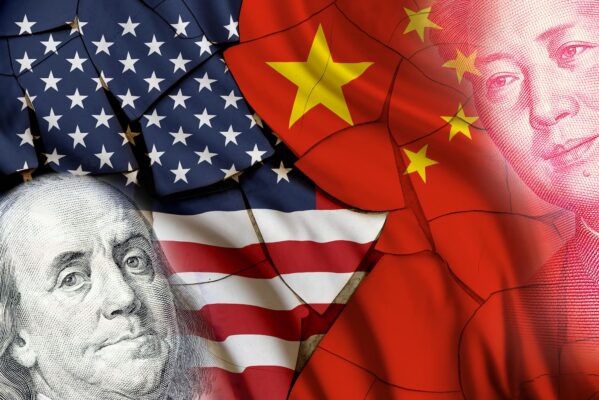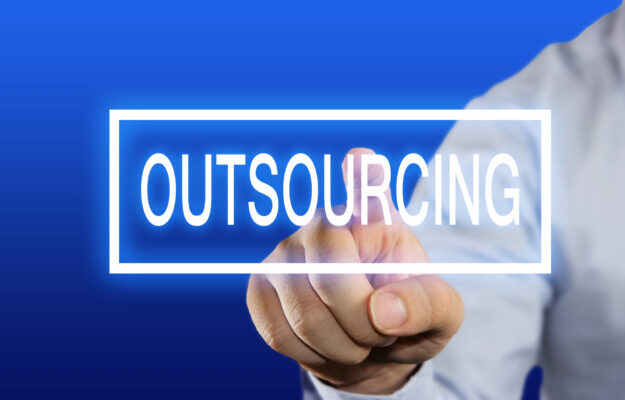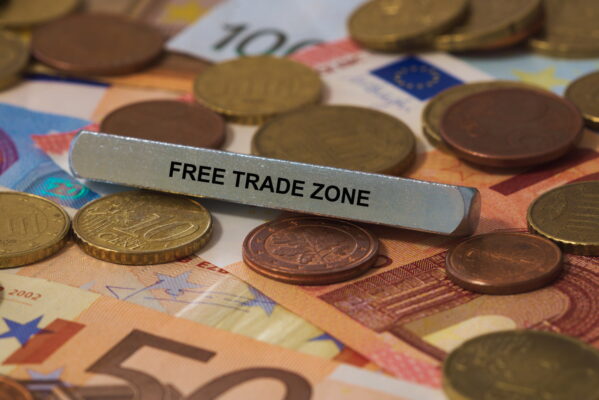Rising fuel prices and other escalating expenses are driving up air freight costs. In response, shippers are getting creative and discovering innovative strategies to boost their savings like optimizing routes, leveraging technology, and embracing sustainable practices. ✈️💡
Cold Chain Shipping Logistics
There can be various challenges and things that shippers should be aware of when starting a cold chain. This is due to the numerous components involved in the process.
Port Of Baltimore Reopened
The closure of the port led to logistics disruptions for many supply chains. Eleven weeks after the accident, the Fort McHenry channel is now back in regular operations.
USTR Announces New Tariff Increases For Electric Vehicles, Semiconductors, Aluminum, Steel and Other Commodities
On May 14th, 2024, the USTR Announced strategic adjustments to Section 301 tariffs following a four-year review.
What Are Outsourcing Logistics
Outsourcing is when a company or shipper uses an external provider to provide services typically done in-house. Although outsourcing can happen in the same country, it commonly occurs in outside countries.
Choosing A Good 3PL
One of the most important considerations an individual or company can make is choosing a good 3PL. A 3PL (Third-Party Logistics) company is a service provider that handles numerous parts of a business’s supply chain.
Importing Cars from Japan
Understanding the regulations for bringing Japanese cars into the U.S. is essential. For example, almost all 1997 or newer Japanese Domestic Market (JDM) cars are illegal to import into the U.S.
Fast Fashion Logistics
Fast fashion is the quick production and transport of inexpensive clothes items on a mass scale.
Direct And 3PL Fulfillment
While Direct and 3PL are both models of customer fulfillment, the main difference is the process.
What Are Free Trade Zones?
FTZs are specialized locations where shippers can import, re-export, manufacture, and store shipments with limited involvement of customs agencies.










